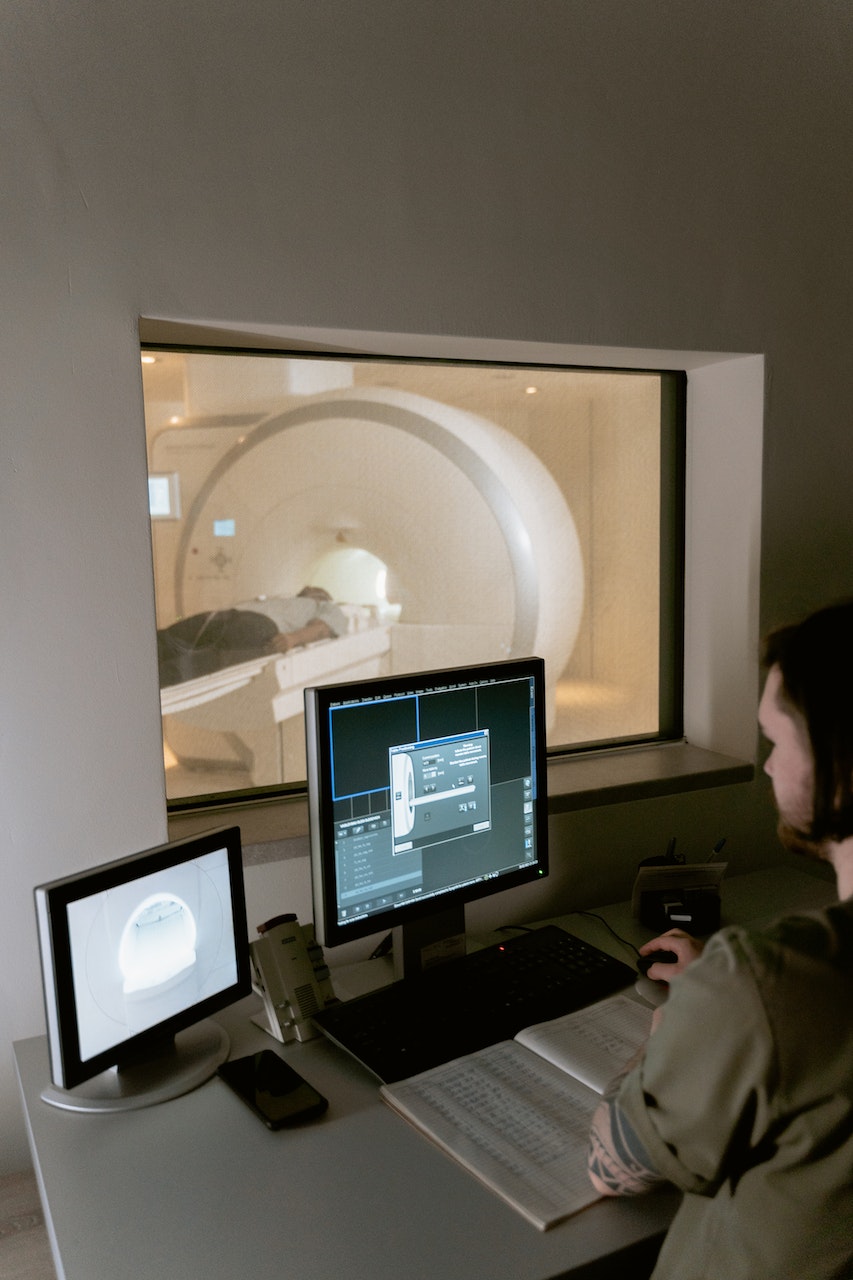Help & advice for asbestos mesothelioma claims

What is Asbestos?
Asbestos is the term used to describe a group of minerals, usually long crystal fibres. It is unusually very strong and builders used it in the 20th century and the material was also used to make many things such as brake pads and ceiling tiles.
If the specific item which has been made from asbestos (such as a wall of the ceiling tiles) is undamaged, it does not pose any risk to you at all. It is only when it is damaged even by a chip, it will start to release a dust made up of the fine fibres.
If you breathe in the dust the fibres can damage your lungs and can trigger asbestosis. In 2005 asbestosis took the life's of 134 innocent people. Asbestos was banned from the UK in 1999 and is now illegal in all member states of the EU.
What is Asbestosis?
Asbestos is an incurable lung condition which causes you to suffer from shortness of breath. It is caused by prolonged exposure to asbestos.
Symptoms you may have:
(These symptoms may only come to light many years after the initial exposure)
- Dry cough
- General feeling of illness
- Chest pain
- Shortness of breath
- In the worse case: Failure of the respiratory system
- Coughing up blood
- Swelling of the feet ankles and hands
- Difficulty producing sound when speaking
- Change in pitch or quality of voice
What is Mesothelioma?
Around 40-60 years after the exposure of asbestosis, you are likely to develop lung cancer or mesothelioma. Mesothelioma is a rear form of cancer which affects the membrane which protects your organs (including the lungs).
Each year, mesothelioma takes approximately 1,800 lives and like asbestosis, is expected to rise.
People most likely to be/have been at risk of exposure to asbestos or develop mesothelioma:
- Thermal insulation engineers
- Builders
- Working in any place were asbestos is handled
- Carpenters, gas fitters and electricians
- Asbestos manufacturers
You may even be at risk if you lived near asbestos factories when you were younger or even cleaned the overalls of someone who worked in the factories or a profession were there may have been asbestos present.
Making the link: In most cases, following the death of an illness caused by exposure to asbestos; a post mortem should be sought. This will allow for samples of your tissue to be tested for fibre analysis. The analysis be crucial for proving a link to asbestos.
Recording the exposure: If you thing you have been exposed to asbestos you should seek medical advice and your GP will then be able to put a note in your medical records, they won't be able to predict whether or not you will become ill following your exposure but the notes in your records may help to diagnoses your illness later down the line.
Evidence to prove exposure: If ever you are exposed to asbestos during your occupation, you employer should make a record in the accident book. However, the firm you work for may not be around some 20-40 years down the line when your problems start. It is therefore, I would say essential for you to seek a letter from your employer to confirm that they recognise your exposure and have made a note of it in the accident book.
Making an asbestos claim!
It is important that you contact us as soon as possible if you have been diagnoses with any asbestos related illness or even if you suspect you may have an asbestos related illness. There are certain steps that need to be taken to make a claim, if we are able to locate the company/organisation who exposed you to asbestos, we may be able to claim against them/their insurers directly for your injury compensation.
It doesn't matter if the company who exposed you to asbestos is no longer around: If we cannot track those responsible for causing your illness we may be able to submit a claim through the department for working pensions for an industrial disablement benefit. There is a further scheme that you may be entitled to a lump sum under called pneumoconiosis (workers compensation) Act 1979 scheme.
What is the industrial disablement benefit scheme? The scheme provides benefits for people who are disabled through no fault of their own because of an accident/incident at work (for example exposure to asbestos). The scheme unfortunately does not cover victims who were self employed.
All benefits are tax free (apart from industrial death benefit). If a loved one has died who was not under the scheme, but you feel they would have been legible to claim, if you are a widow or surviving civil partner you may also be able to claim on their behalf under the scheme.
What to do now!
If you have lost a loved one to asbestos exposure or have been diagnosed with an asbestos related illness; even if you believe you may be diagnosed with an asbestos related illness, you should contact us immediately for free advice on whether you have a potential asbestos claim and what we can do for you.
Not only can we claim for compensation for the injuries you or a loved one has sustained, it may be possible for us to obtain payments for the following:
- Medical fees
- Treatment fees
- Travel expenses for attended medical appointments
- Other sub sequential damages you have had to pay for as a result of your injuries.
- We may even be able to obtain an interim payment for a percentage of what your claim is potentially worth whilst your claim is ongoing.
Call us 0800 634 7575 or request a call back using our form below and receive some of the best advice available today regarding claiming compensation for a mesothelioma / asbestos claim from expert and professional injury lawyers.
Need one of our expert claims team to call you back about an asbestos-related query? Then please enter your name, the telephone number you would like us to call you back on, the accident type and when you would like us to contact you in the form below.











